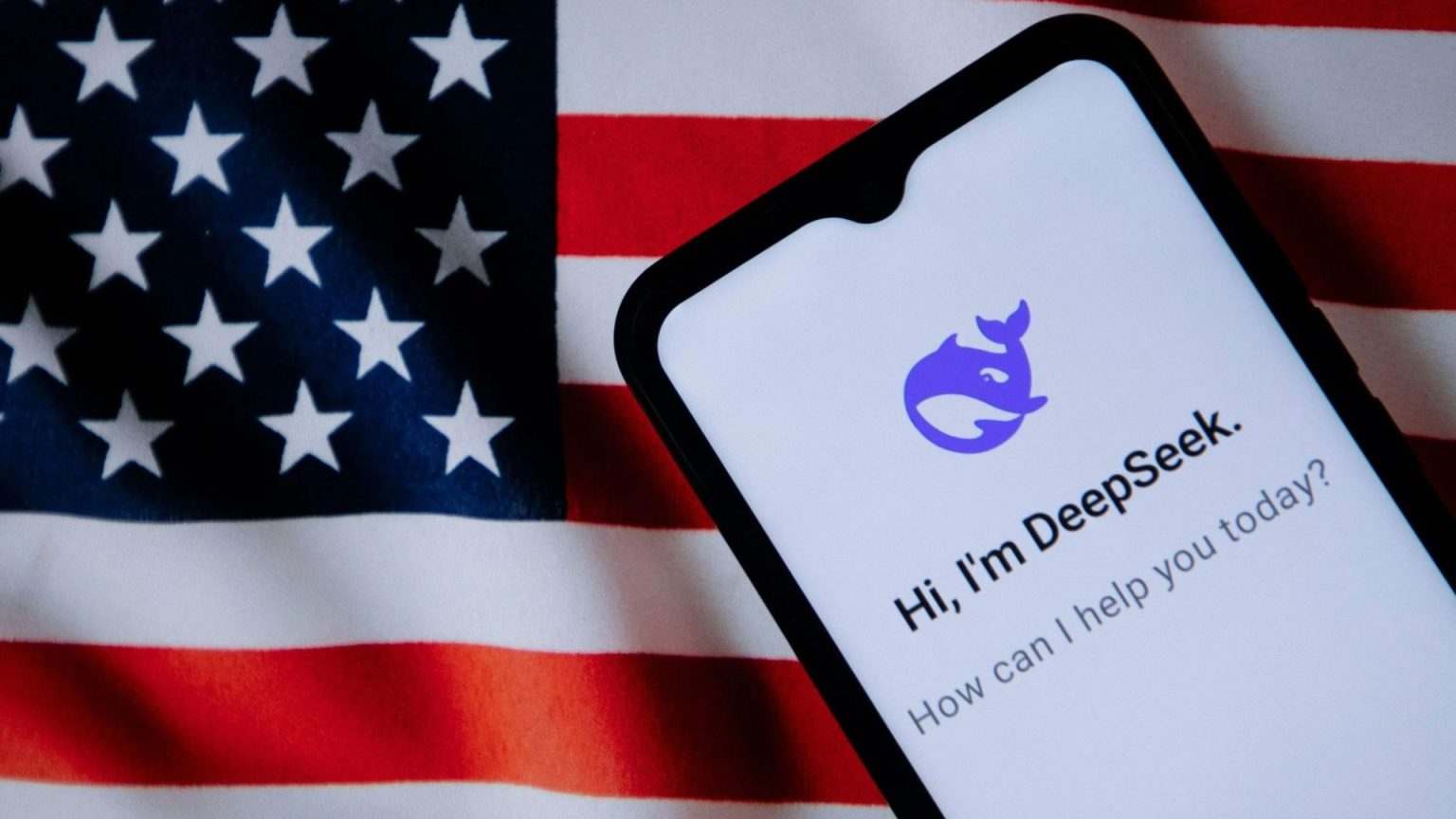Texas Governor Greg Abbott has initiated a preemptive strike against potential data security threats by banning two Chinese-developed applications, RedNote and DeepSeek, on government-issued devices. This marks the first instance of a US state specifically targeting and prohibiting these apps. RedNote, a social media platform considered a TikTok alternative, and DeepSeek, a large language model (LLM) chatbot akin to ChatGPT, have raised concerns due to the potential for data harvested through these apps to end up in the hands of the Chinese Communist Party (CCP). Governor Abbott’s primary concern stems from the mandate requiring Chinese companies to share data with the government, a stipulation that amplifies existing anxieties surrounding data security and potential surveillance. This proactive measure reflects a growing apprehension about the intersection of technology, data security, and international relations, particularly regarding China.
DeepSeek, despite its impressive rise to the top of app store charts, has ignited alarm bells within the cybersecurity community. While it functions similarly to ChatGPT, providing responses to user prompts, DeepSeek exhibits a notable reluctance to address politically sensitive topics related to China, such as questions about President Xi Jinping or the Tiananmen Square massacre. This evasiveness, combined with expert analysis, has fueled concerns about potential vulnerabilities and the potential for malicious exploitation. Cybersecurity experts at Kela have highlighted the app’s vulnerability, while Enkrpyt AI has assessed DeepSeek as significantly more likely than OpenAI’s programs to generate harmful content. These warnings underscore the potential risks associated with DeepSeek, despite its superficial resemblance to more established AI chatbots.
The ban on DeepSeek coincides with a broader global discussion about the implications of large language models (LLMs). LLMs are sophisticated AI systems trained on vast datasets of text and code, enabling them to generate human-like text, translate languages, and answer questions. While LLMs hold tremendous potential for various applications, they also present potential risks, including the generation of inaccurate or biased information and the potential for misuse. DeepSeek’s rapid ascent, achieved with considerably fewer resources than its Western counterparts, has further intensified the debate about the technological competition between the US and China, raising questions about the potential for these technologies to be leveraged for purposes beyond their intended use.
Adding to the complexity of the situation is the backdrop of TikTok’s precarious position in the US. The popular social media platform, also owned by a Chinese company, ByteDance, has faced intense scrutiny and threats of bans due to similar data security concerns. TikTok’s temporary outage in the US following a Supreme Court decision upholding a congressional bill contributed to RedNote’s surge in popularity, as users sought alternative platforms. The ongoing saga of TikTok’s fate in the US highlights the broader tension between the desire for technological innovation and the imperative to safeguard national security.
Governor Abbott’s actions extend beyond RedNote and DeepSeek to encompass another ByteDance-owned app, Lemon8. This visually-driven platform, reminiscent of a hybrid of Instagram, TikTok, and Pinterest, allows users to share images and videos. The inclusion of Lemon8 in the ban reflects a comprehensive approach to addressing potential data security risks associated with Chinese-owned applications. By proactively banning these apps on government devices, Texas aims to preempt potential security breaches and protect sensitive information from falling into the wrong hands.
In summary, the ban on RedNote, DeepSeek, and Lemon8 in Texas represents a significant development in the ongoing dialogue surrounding data security, technological competition, and the relationship between the US and China. Governor Abbott’s decision reflects a growing awareness of the potential risks associated with data harvesting and the importance of protecting critical infrastructure from foreign interference. The ban also underscores the complex challenges posed by the rapid advancement of artificial intelligence and the need for robust safeguards to ensure these powerful technologies are used responsibly. The future of these apps, and similar technologies, will likely continue to be a subject of intense debate and scrutiny as governments grapple with the delicate balance between innovation and security.











